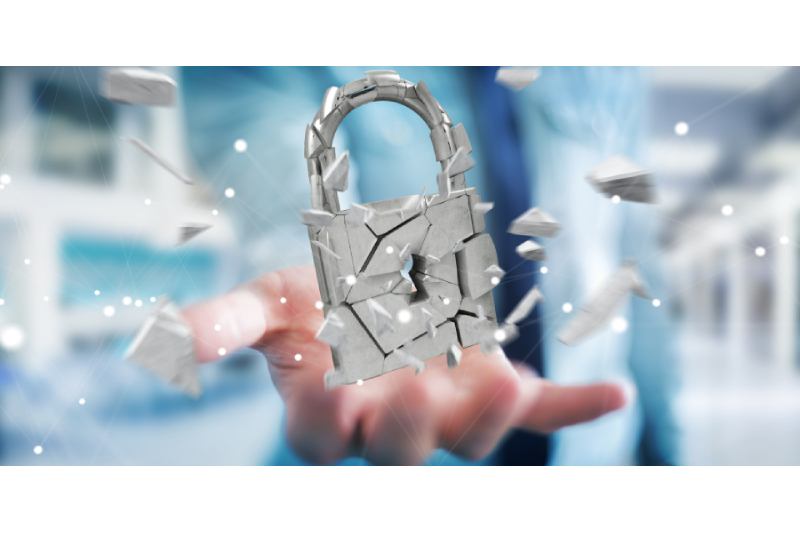
Cybercriminals send an estimated 3.4 billion emails per day that are spoofing emails from reliable senders. In a perfect world, every email you got would be reliable. Regretfully, con artists are constantly bombarding you with phishing emails in the real world in an attempt to steal your name and money.
You can receive a warning that if you don’t reply right away, something terrible will happen (such you’ll be charged or lose access to a crucial account) or you’ll pass on a fantastic deal or prize. The con artists hope that by giving the impression that there isn’t much time left to correct a mistake or claim a prize, you won’t second-guess your actions.
Reputable businesses would never begin an email with a salutation as bland as “Hello.” In a similar vein, typographical errors and poor grammar should raise red flags. Spelling and grammar errors in an email are a dead giveaway that the sender is not using Grammarly or Word’s spellcheck; since it is highly unlikely that legitimate businesses would not proofread official correspondence, repeated or glaring errors should always alert you to the possibility that something is wrong.
The email address should match the corporate name (e.g., @paypal.com) if the message appears to be from a reputable corporation (e.g., Paypal). Reputable businesses will never interact with you via an email address like Gmail (@gmail.com).
If the spelling of the domain name is incorrect, this should be immediately concerning. A scammer may have created a copycat address that slightly varies from the genuine company name in the hope that you won’t check too closely.
Give this information elsewhere online if you are unsure. If the sender asks for your bank details before sending you money, you should be wary of their intentions.
If an attachment has an odd file name or extension, don’t open it. Selecting “.exe” will launch a software application on your device, while selecting “.zip” will unzip files onto your computer.
These attachments may include malware or computer viruses, and dubious links may lead to phony online portals. Reputable businesses are more willing to supply additional papers via platforms like Dropbox.
Additionally, you should be wary of ambiguous and unexpected emails that seem to be from reputable businesses, law enforcement, your bank, or the government, as well as any that make extravagant claims like free trips or expensive goods.
Todd Barrow is rapidly carving out his place in the country music spotlight. Born and… Read More
Bangalore, often dubbed the Silicon Valley of India, is a city that seamlessly blends technological… Read More
Instagram's latest update includes a new feature called "Blend." With the use of this feature,… Read More
Dr. Rema Vassar is a leading advocate for equity in education, particularly in ensuring that… Read More
Exploring the world of guitar music is a journey into the heart of creativity, where… Read More
Marine construction is a vital field that shapes coastal infrastructure, energy production, and global connectivity.… Read More